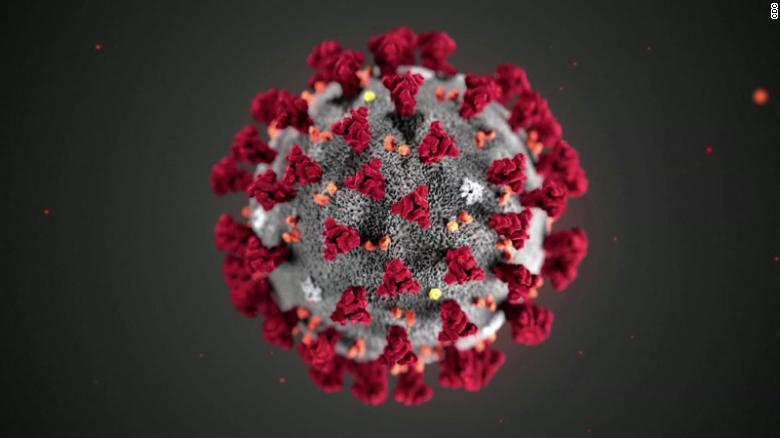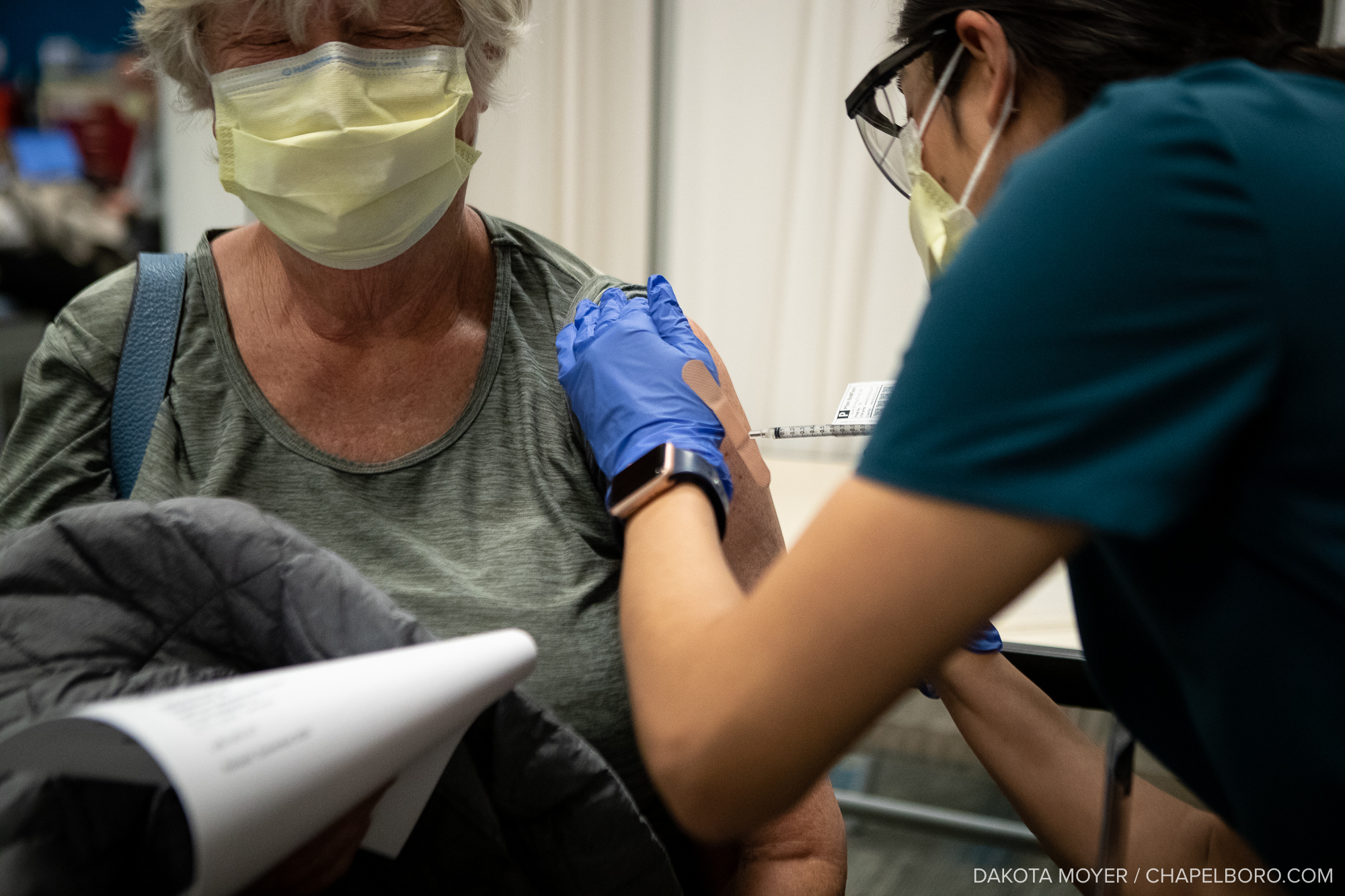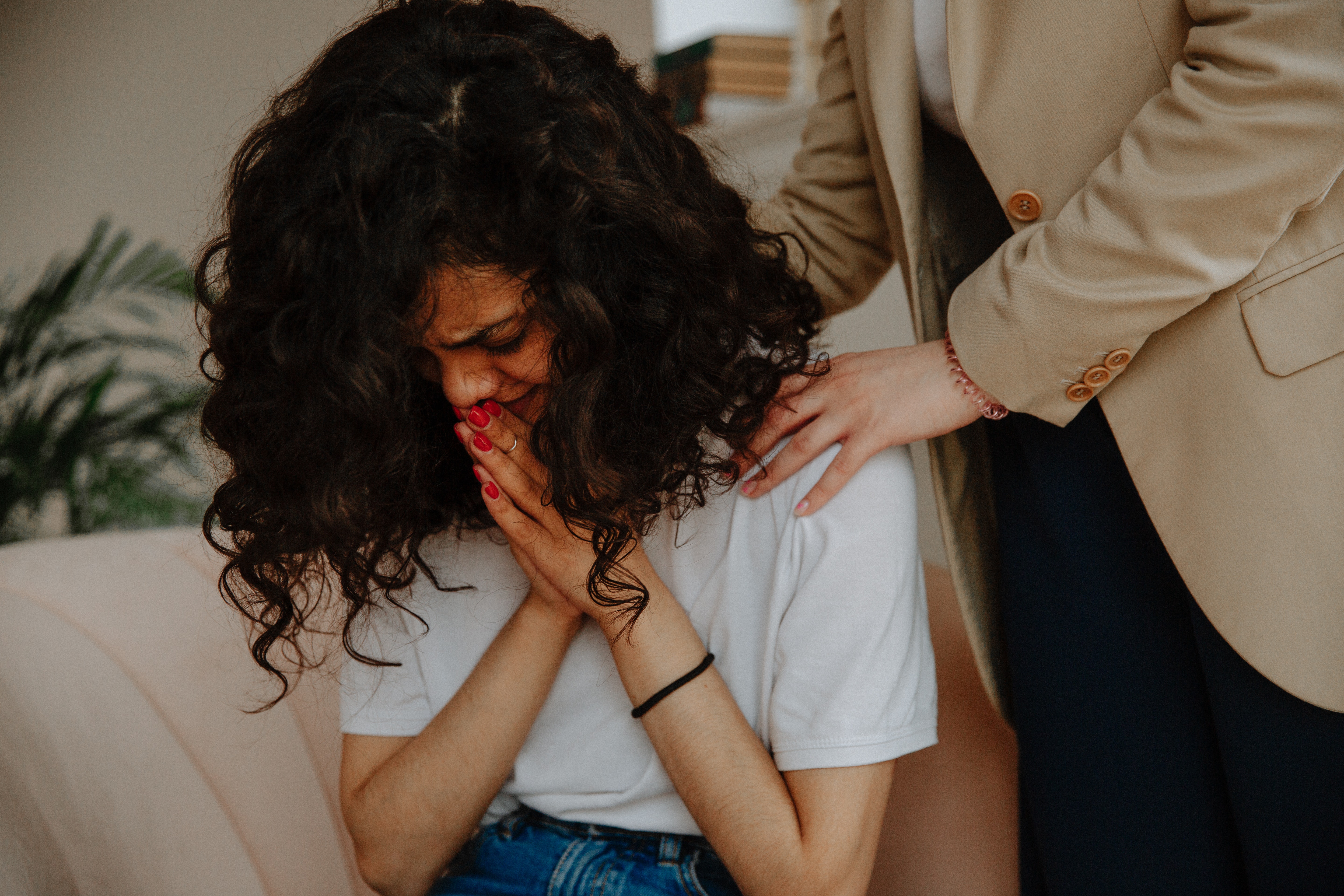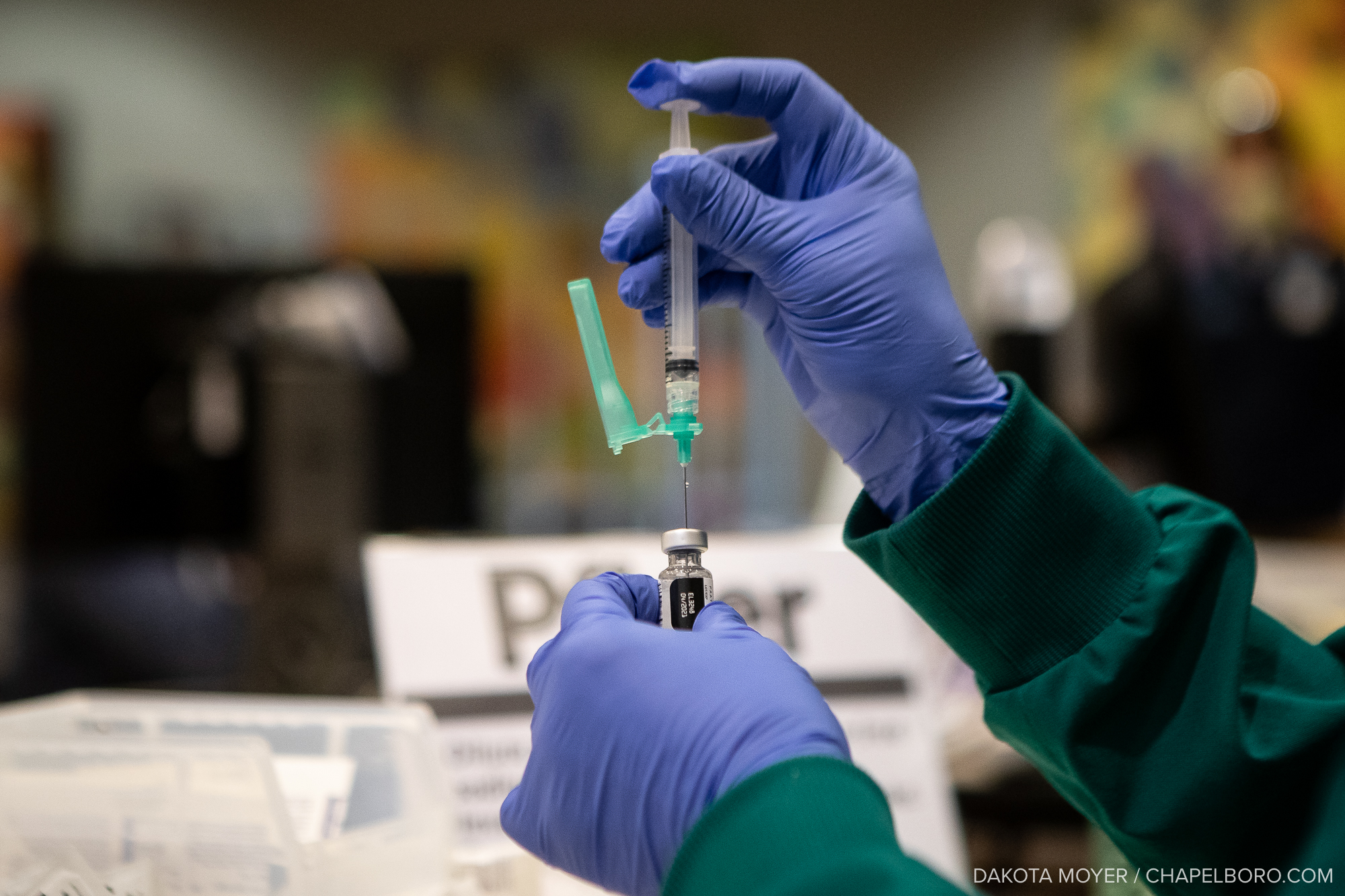The fight against COVID-19 largely revolves around people’s physical health – but as we all face the new challenges and the new realities it brings, it can take a major toll on our mental health as well.
How can we help ourselves – and how can we help others?
“First of all, understand that the emotional reactions are understandable,” says Timothy Strauman, a professor of psychology and neuroscience at Duke University. “They’re normal, (and) they’re a useful signal as long as they’re not overwhelming.”
Strauman says the epidemic is taking a mental toll for several reasons. It’s causing health worries and financial strain, and we’re feeling isolated by having to stay at home. In addition, he says, all these changes are making it hard for us to fill the roles we’ve set for ourselves, and that can lead to a feeling of personal failure.
He says it’s vital that we stop focusing on the things we can’t control, and focus instead on the things we can.
“Identify the things that are most important,” Stauman says. “What are the things that are and are not under your control, and are there different ways that allow you to still be the person you want to be (and) still take care of the people you love, until you can get back to the roles that are more familiar?”
In particular, Strauman says we can improve our mental health by reaching out to others.
“Anytime we can focus on someone else’s needs, it will take some of the pressure and distress off of us,” he says. “Building that solidarity, I think, is absolutely essential.”
Duke psychology professor Terrie Moffitt agrees. She says this shared experience can foster a sense of solidarity that might actually have positive impacts in the long run.
“Everyone is in this together,” Moffitt says, “(and) there’s quite a bit of historical evidence that this kind of shared historical ordeal can be good for a society…
“It can slow down our lives, create a sense of shared purpose, and provide opportunities to practice helping others. All these things are good for our mental health.”
And Strauman says it doesn’t only help us when we make those personal connections – it also helps the people with whom we connect.
“One of the best preventive measures,” he says, “in terms of suicide prevention, is simply reaching out to somebody and saying, ‘I’m here for you, is there anything you need?'”
All of those steps can help us when we’re struggling with our mental health – but of course sometimes the struggle becomes overwhelming.
So when should we be reaching out for professional help, either for ourselves or for our loved ones?
“If you or your loved ones have persistent sadness, anxiety, anger, or hopelessness, (or) have lost interest in pleasurable activities and feel overwhelmed,” you should seek help, says Yan Li, the director of counseling and psychological services at Duke Kunshan University. “Another criteria is a significant impairment or change in function – if you can’t sleep, lose appetite, or lose concentration…
“Also, if you notice impulsive, reckless or risky behavior, like substance abuse or self-injury, or thoughts or expression about death, dying, or suicide – all those are signs that this is the time to seek professional help.”
Note: 97.9 The Hill has been Chapel Hill and Orange County’s daily source for free local news since 1953. Please consider making a donation to continue supporting important local journalism like this.










